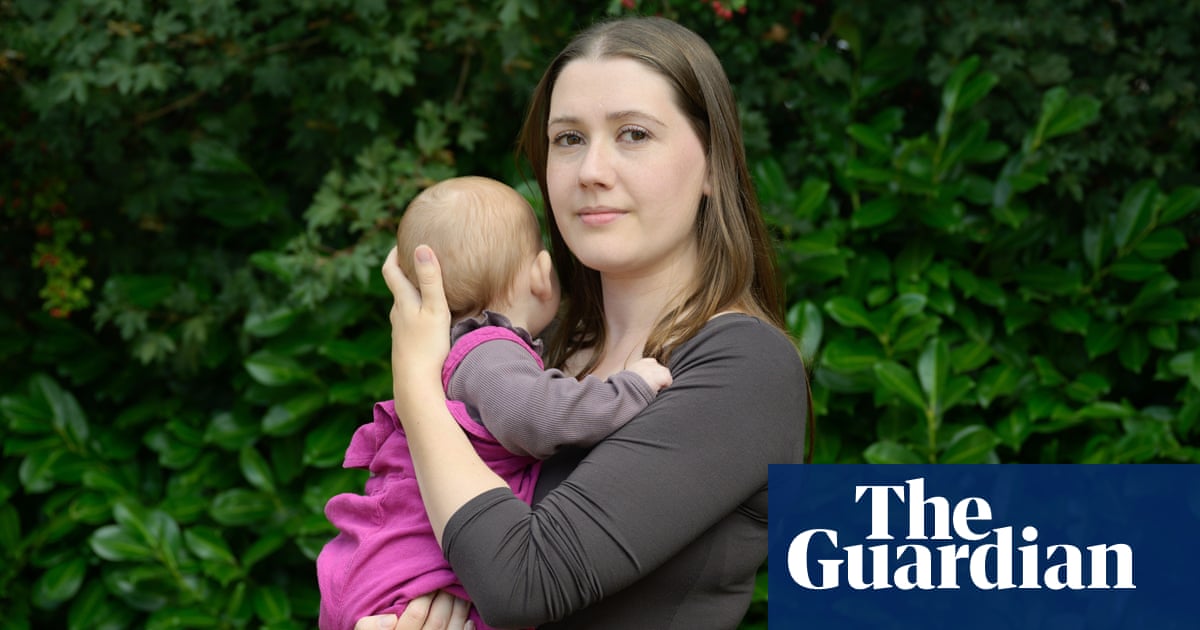
"My social media algorithms knew I was pregnant before family, friends or my GP. Within 24-hours, they were transforming my feeds. On Instagram and TikTok, I would scroll through videos of women recording themselves as they took pregnancy tests, just as I had done. I liked, saved, and shared the content, feeding the machine, showing it that this is how it could hold my attention, compelling it to send me more."
"But it wasn't long before the joy of those early videos started to transform into something dark. The algorithm began to deliver content about the things you fear the most while pregnant: storytimes about miscarriages; people sharing what happened to them and, harrowingly, filming themselves as they received the news that their baby had no heartbeat. Next came videos about birth disfigurements, those found by medical professionals early on."
Social media algorithms identify pregnancy signals quickly and curate pregnancy-related content within hours. Platforms surface celebratory videos of tests and early pregnancy milestones, which users engage with and thereby reinforce algorithmic targeting. Over time algorithms shift to traumatic material, including miscarriage stories, live reactions to bad news, birth complications, and images of stillbirth and disfigurement. Attempts to block or avoid such content often fail, and uninstalling apps may be temporary due to work and social needs. Large volumes of content exist under tags such as miscarriage and miscarriageawareness, with some videos receiving hundreds of thousands of views. Exposure to this content causes anxiety, emotional distress, and a feeling of doom during pregnancy.
Read at www.theguardian.com
Unable to calculate read time
Collection
[
|
...
]